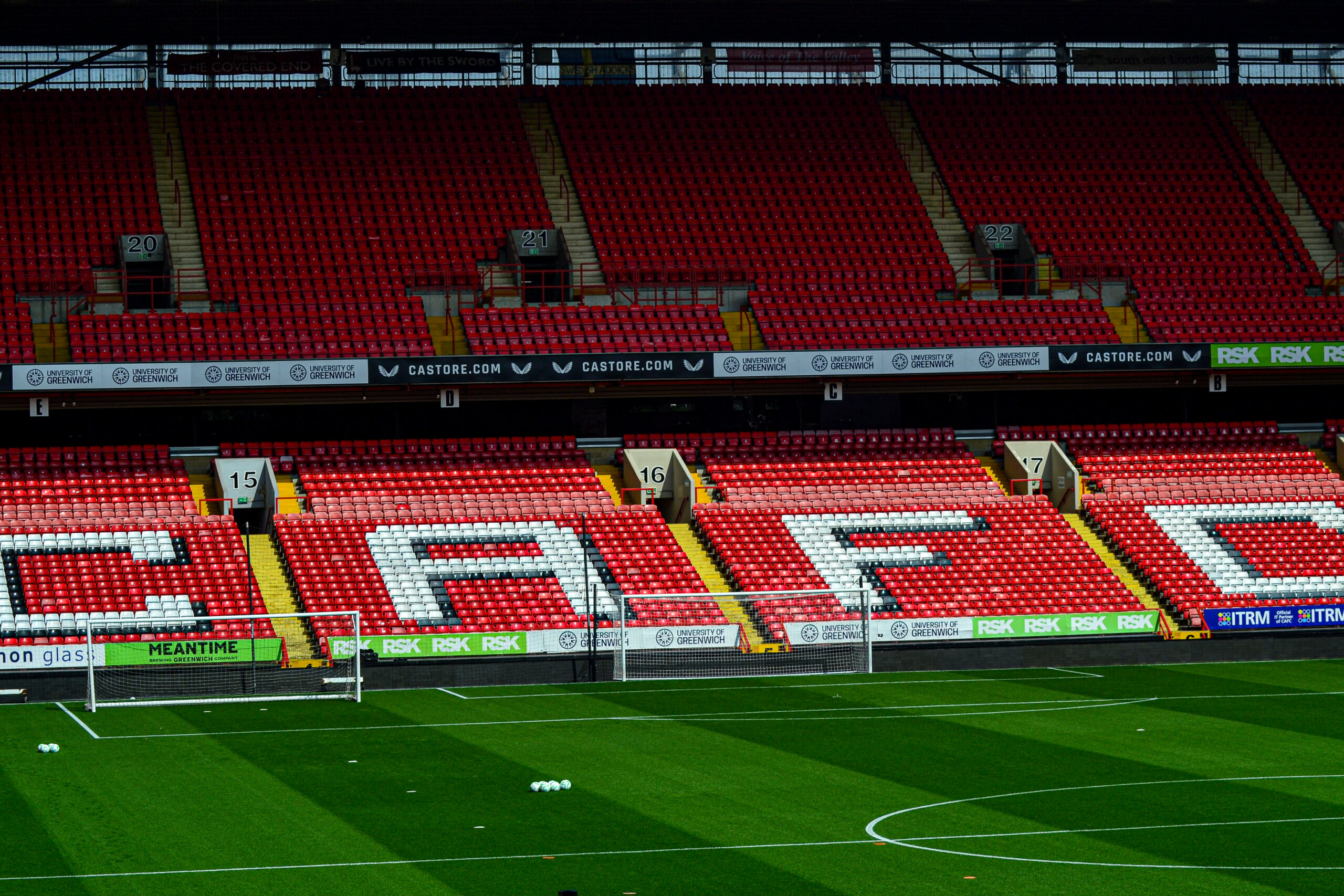Despite the rapid growth of women’s football, significant challenges persist, beginning with a fundamental resource: the pitch. Even with recent successes on both national and international stages, including the triumphs of the Lionesses and the Young Lionesses, women’s teams are still three times more likely to lose their reserved pitches to men’s teams.
According to Starling Bank, 56% of female footballers have had their pitch bookings taken by a men’s team, compared to just 9% of men reporting the same issue. This disparity not only stifles the growth and development of the women’s game but also creates an environment where female players feel sidelined in a sport that should be accessible to all. As a result, 14% of female footballers are considering ending their careers early—twice the rate of their male counterparts.
This inequality gives rise to a range of additional issues, including serious safety concerns. Nearly half (49%) of female footballers report feeling unsafe, not only on the pitch but also on their way to and from training. Many pitch slots allocated to women are late in the evening, leaving players to train in poorly lit and sometimes unsafe areas. Additionally, many must travel long distances to access these facilities, increasing the risk during their commutes, especially after dark. Even the pitches themselves are often inadequately equipped; without proper floodlighting, athletes are left training in dim conditions that are neither safe nor conducive to high-quality play.
Poor pitch quality also presents a physical risk. Rough or waterlogged pitches can lead to non-contact injuries like ACL ruptures—a serious issue that has affected high-profile players. While 9 of the 12 WSL clubs were playing on hybrid pitches in the 2023 season, which represents some improvement, dissatisfaction with the quality of facilities remains. Former Arsenal coach Jonas Eidevall spoke up in 2023 after Leah Williamson ruptured her ACL against Manchester United, following Beth Mead and Vivianne Miedema who were ruled out due to the same injury just months prior.
“I think it’s going to continue here with the schedule we have and pitches like that, players are going to get injured. That is something that we all need to improve on, the facilities where we play, so we can keep the players on the pitch.”
A spokesperson for the WSL assured that the league’s pitches would be regularly monitored and upgraded as necessary throughout the season. They also highlighted the significant progress made with support from the Premier League Stadium Fund. However, despite visible improvements in certain areas, there remains a critical shortage of high-quality pitches for young girls and academy teams. According to the Abbots Bromley Sports Association (ABSA), 96% of local teams report that facilities are insufficient to meet demand. Furthermore, the FA estimates that an additional 1,500 3G pitches and 20,000 grass pitches are needed to support grassroots football.
It’s not just ABSA advocating for change in this area; several charitable organisations providing sports and recreational spaces for local communities are also pushing for “meaningful access” to facilities. On October 30th, the FA unveiled its Women’s & Girls Strategy 2024-28, outlining four key strategic objectives to foster growth and equality in the game. These include protecting the distinctiveness of women’s football, winning a major tournament, building a robust and high-quality competition, and ensuring equal opportunities for women and girls to play.
In addition to these efforts, the “Kick On” initiative, in partnership with Starling Bank, is offering £350,000 worth of free kit, equipment, and coaching resources to girls’ teams worldwide. This initiative also creates opportunities for local teams to engage with their communities, government, the press, and pitch providers to secure equal access to facilities. Ambassador Beth Mead emphasises the critical importance of equal pitch access, recalling a situation where a girls’ team went viral after losing their pitch to a boys’ team, highlighting the ongoing struggles for fairness in the sport.
“When East London’s Vicky Park Rangers lost their pitch to a boy’s team last year, the story went viral. But Starling’s research indicates how extensive ‘The Kick Off’ effect is across the UK. We need to develop the pipeline of female football talent, but we can’t if women and girls don’t feel supported and valued in the sport. That starts with equal pitch access.”
One of the most notable initiatives is the “Here to Play” project, led by the Football Foundation and supported by the Premier League, the UK Government, the FA, and Together for Football. This initiative is focused on building facilities that provide equal access to female footballers nationwide. As part of the project, 23 pitches are being opened in honor of the 23 Lionesses, including stars like Jill Scott, Leah Williamson, and Lauren Hemp. These state-of-the-art facilities are well-lit for safety, with individual showers and toilet cubicles, and adapted session schedules designed to make football more accessible and appealing to women and girls across the country. Kelly Simmons has reflected on the strides already made and the positive impact these facilities have on female footballers, offering them more opportunities to thrive in the sport.
“To ensure a long-lasting change we must see a continued commitment from the Foundation and its funding partners to provide gold standard facilities to host these players.[…] The continued support of our funding partners – the Premier League, The FA and Government – will be vital to delivering a truly transformational change in access to grassroots facilities and ensuring every woman or girl who wants to lace up their boots feels welcome and comfortable to do so.”
As initiatives like these gain momentum, they are helping to create a more inclusive and supportive environment for women and girls in football. With ongoing support and investment, we can look forward to a future where every footballer—regardless of gender—has access to the resources, opportunities, and respect they deserve, both on and off the pitch.
Photo – @_shotsbylou
https://www.bbc.co.uk/sport/football/65347547
https://www.gov.uk/government/news/major-review-of-womens-football-published
https://footballfoundation.org.uk/here-to-play



